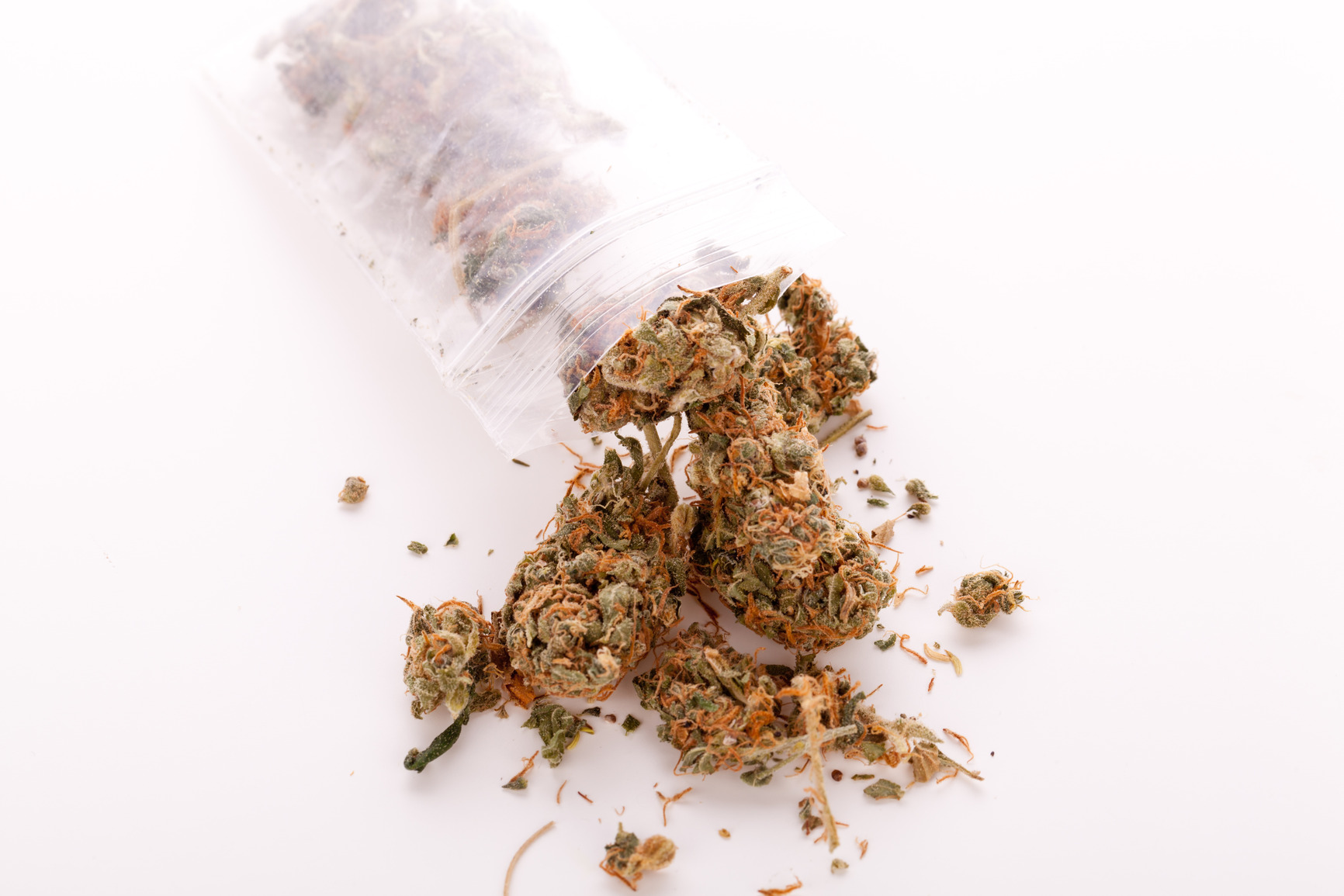
Smoking marijuana may seem like relief at the time, but it has its downfalls. If you think it is taking hold of your life, making you lose friends, hobbies and other things you love to do, then it’s time to quit. You need an overhaul to get your life back on track.
Marijuana is psychologically addictive, which means you must be mentally strong to overcome the habit.
You could stop abruptly and force yourself to endure the symptoms; this is known as the cold turkey method. Or, you could meet professional counsellors or physicians to help. This article will be focusing on the latter.
Seeking Professional Help
- Visit a psychiatrist or pharmacologist
A medical doctor can provide medication to slowly help you withdraw from marijuana. If you have tried the cold turkey method, you will discover you can’t do it all on your own.
- Before you make an appointment, make sure you are committed to quitting on your own. This is because of the costs involved and the strain of continual relapse. The decision to stop marijuana entirely rests on you.
- See a Therapist
If there are specific reasons causing your relapse, such as depression or anxiety, discussing this with a professional can help you quit. It is advisable to find a specialist on marijuana addiction.
- Consider different modalities or types of therapy useful for addiction. Engaging in talk therapy is one of the most common methods, however looking up cognitive-behaviour therapy can help too.
- Join a Support Group
If it is getting too difficult to quit on your own because of peer pressure or lack of confidence, a support group may be the solution for you. There are many recovery support groups in the country. Look online to find one nearest you.
- Check into a patient rehab
If you have exhausted all other methods, and your marijuana addiction isn’t stopping, the other solution might be in-patient rehab. But before you commit to this:
- Make sure you have exhausted all available alternatives; it is often the last resort.
- Inquire from your insurance company how many in-patient days they will cover.
Lifestyle Changes
Addiction is caused by a conditioning of habits from the brain, so it is important to change some behaviours.
- Think about your smoking friends, you will have to stop spending idle time with them.
- Change your diet to include healthy foods
- If you are smoking as a result of stress, adopt other stress management techniques
- Acquire new habits. Exercise, sports, and yoga are few healthy options to replace idle time.
- Work hard to build more positive relationships. Be open to making new friends.
Avoidance
Stay clear of situations that are likely to make you smoke. You should avoid parties the first few months of recovery.
Remind Yourself of Reasons to Stop
An addiction can affect your life negatively. If it’s not your health, your children may be suffering the consequences of your mood swings. Your relationship, even your job may be threatened, too. Remind yourself how important these things are to you, and why Marijuana has to go.
Talk to Someone
Sharing your experience with someone helps. It doesn’t necessarily have to be a professional. Your sponsor, partner or a trusted friend can listen.
Reward Yourself
Rewarding is one effective way to get rid of bad habits. A good suggestion is to give yourself a “gift” after every successful week of abstention. Think of your reward in costs you would have spent on cannabis. For example, a movie and dinner for two, or a massage spa.
Quitting a habit is never easy, but if you stay committed and surround yourself with the right support, you will overcome this addiction.
Article Submitted on behalf of drugrehab-northamptonshire.uk and alcoholrehab-northamptonshire.uk








